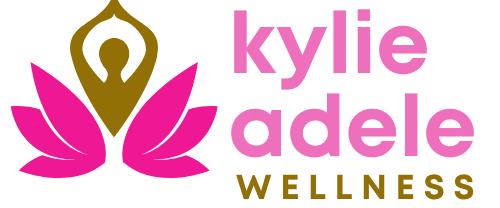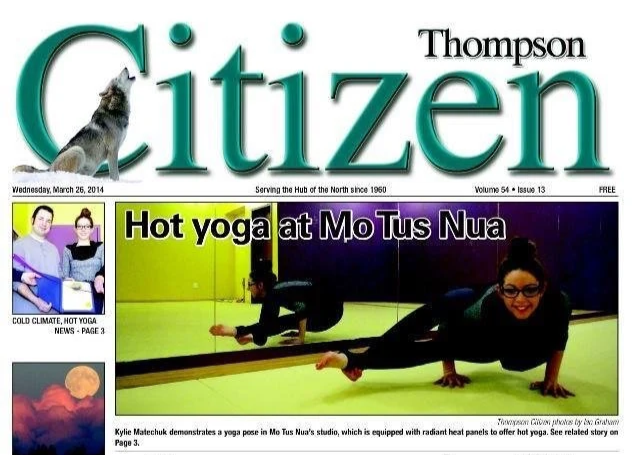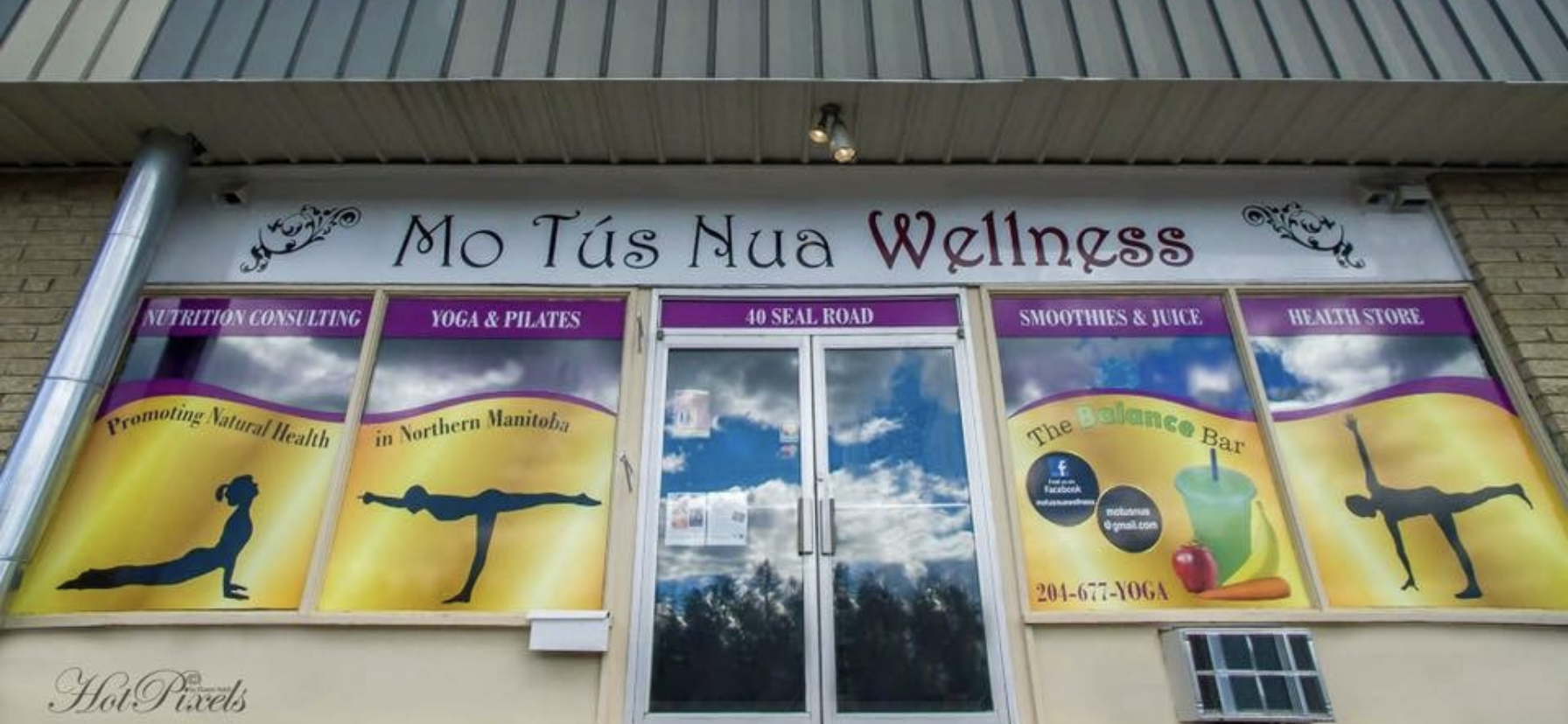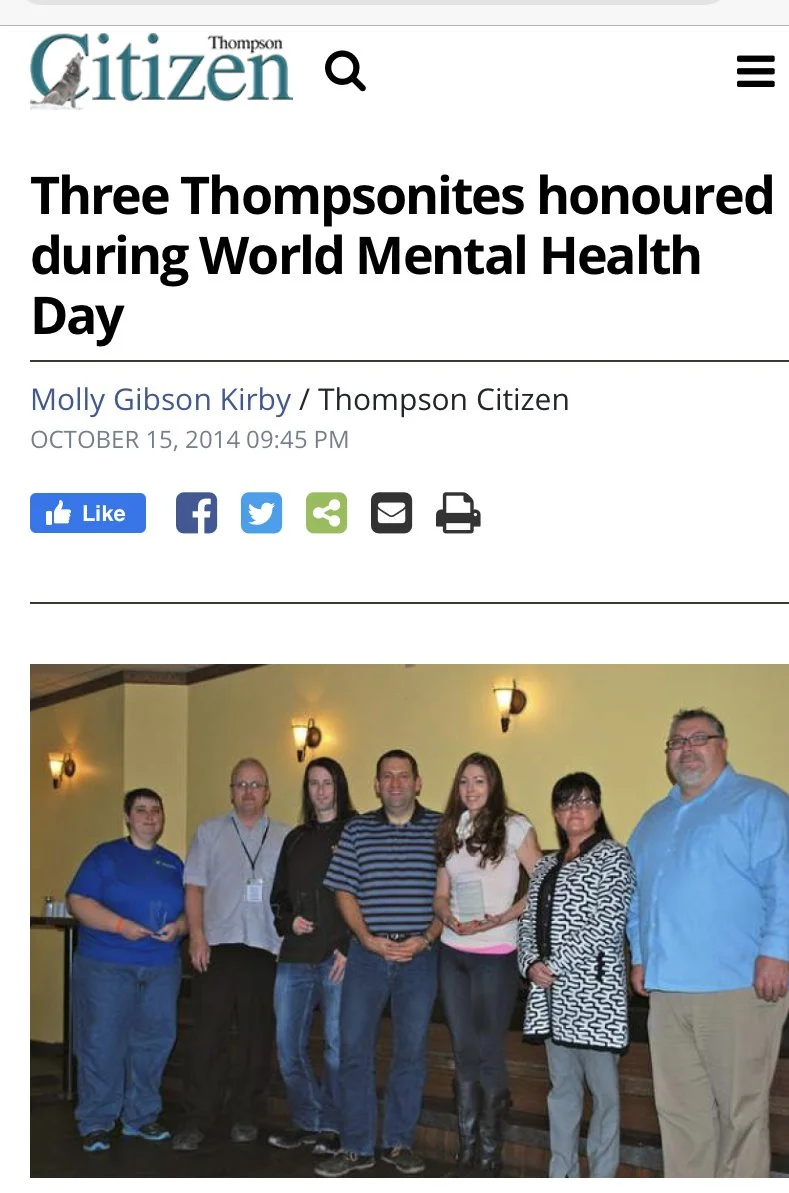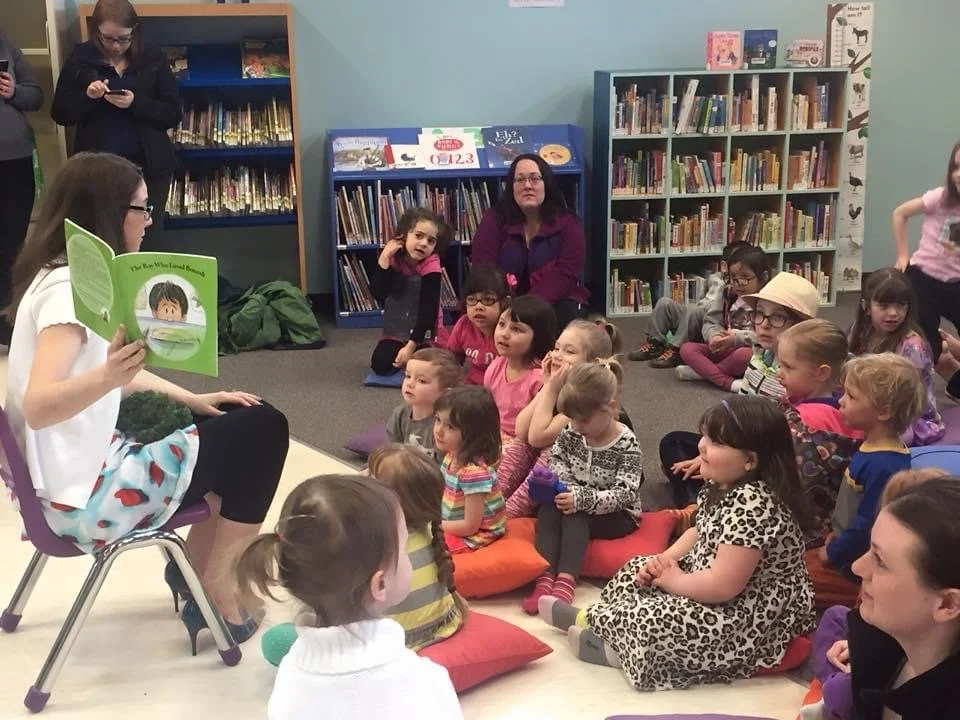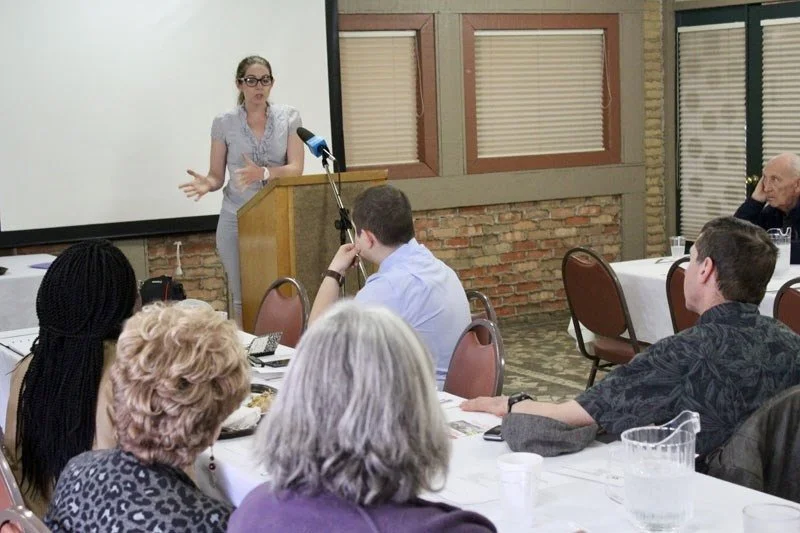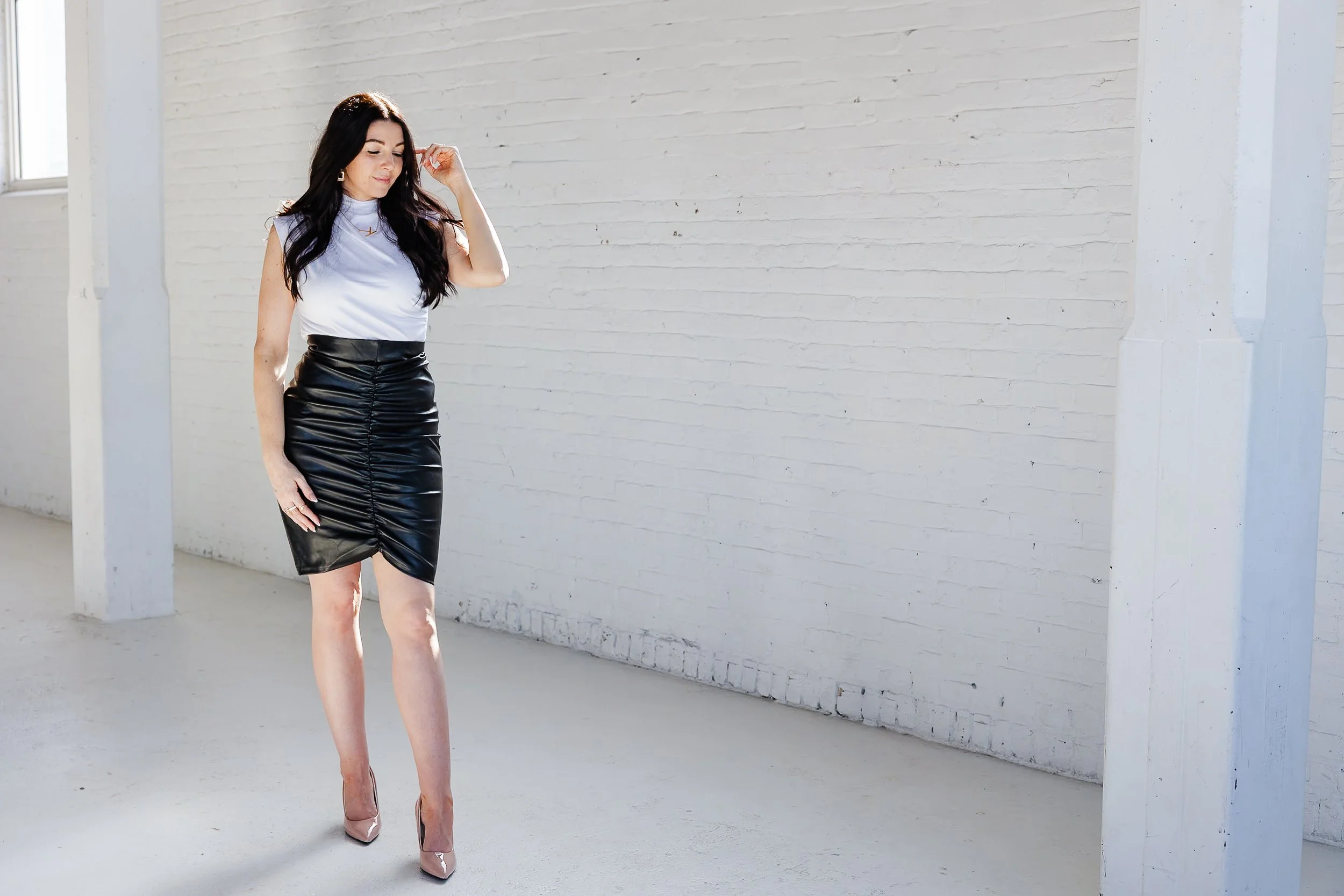
Who I am and how I got here
Meet Kylie
In my twenties, yoga became my path to integration. Especially because I had decided to start my family.
It connected everything together in ways I didn’t quite understand. I traveled across Canada for training, studying under senior teachers while raising my two daughters. This became our family vacations…mom’s never ending training and education life.
After graduating as a Montessori educator and integrating natural, child-centred teaching approaches into my daughters’ lives, I began looking for a credible formal education that aligned with those same principles. That search led me to the Canadian School of Natural Nutrition, where I completed the three-year program and became a Registered Holistic Nutritionist.
This marked the beginning of a lifelong path of continued training and education, ultimately leading me into functional nutrition and integrative care. Since then, I’ve completed thousands of hours of advanced training and specialized education focused on nutrition, nervous system regulation, movement, and whole-person health.
In 2013, I founded Mo Tús Nua Wellness, Northern Manitoba’s first purpose-built yoga studio, nutrition clinic, and smoothie bar. It became a space that brought holistic wellness and education to the north.
A year later, I was recognized with the Hero of Mental Health Award by the Canadian Mental Health Association, nominated by Vale Ltd., for my work in community wellness and addiction support.
During the pandemic, I continued my commitment to accessible wellness by teaching free yoga classes on Zoom, helping people across Canada stay connected and grounded during isolation.
My journey into wellness didn’t begin with credentials. It began with curiosity, because well…I was still a child.
As a teenager, I walked into a small herbalist shop and felt something click. I didn’t have the language for it yet. I just knew I wanted to understand how the body heals, how symptoms communicate, and why some people struggle even when they are doing everything right. Where do I learn this? It wasn’t medicine, dietetics, kinesiology or naturopathy. At the time, these were the only results of post secondary learning I could find. Still I pressed on searching.
At the time, I was an overweight teen living on convenience food in a family doing the best they could. We didn’t have access to sports or structured wellness, but I had questions. So I started reading. Every health, fitness, and wellness book I could find in my small-town library. I experimented with food, movement, herbs, and lifestyle long before I knew what any of it would eventually become.
That curiosity never left..
From Self-Study to Formal Education.
Integrative Experience
In 2017, I joined Alberta’s first integrative health clinic, working alongside medical and allied health professionals in a multidisciplinary care model. That experience deepened my understanding of how traditional and functional systems can complement one another, and how essential collaboration is in helping people heal.
Over the years, I’ve also worked with organizations including Addictions Manitoba, the Northern Regional Health Authority; Hope North Suicide Recovery Centre, Manitoba Parent Child Coalitions, and local school divisions, delivering education and support focused on mental health, nervous system regulation, and functional nutrition and wellness.
Beginning my career on Treaty 5 territory gave me important insight into cultural awareness, Indigenous perspectives on health, and the principles of harm reduction. It shaped my understanding that healing does not happen through a single system, and that dismissing non-conventional approaches often does more harm than good.
That experience also challenged the way “holistic health” is often framed as something reserved for the privileged. In reality, many holistic and functional practices are rooted in land-based knowledge, community care, and practical wisdom that predates modern systems. My work is guided by the belief that health support should be accessible, respectful, and integrated, using different approaches together thoughtfully and safely, rather than positioning them in opposition.
Today, I continue this integrative approach by working in person within a multidisciplinary physiotherapy clinic, while also supporting clients virtually across the world.
What I Do Now
Virtual Care
In 2021, after moving from Northern Manitoba to Southern Manitoba, my work naturally evolved.
Post-COVID, the way people access care changed. More women needed support that fit real life. More flexibility. More continuity.
Today, my practice is primarily virtual, supporting women globally, who want real clarity around digestion, hormones, stress, and metabolic health. I also set aside limited time to work locally in Winnipeg, Manitoba, when in person support is appropriate.
I’m a functional nutritionist.
I help you understand what’s contributing to your symptoms and what your body needs next to improve.
Yoga
On Monday nights, I lead restorative yoga sessions via Google Meet. Join us! These classes are designed to help regulate the nervous system, reduce stress load, and support recovery, especially for women whose bodies no longer respond well to pushing harder.
Corporate Wellness
I also work with organizations to deliver corporate wellness education focused on functional health, stress physiology, and sustainable performance. These sessions help teams understand how nervous system regulation, nutrition, and lifestyle patterns directly affect focus, resilience, and long-term health. If you’re interested, please email me.
Professional Background
Registered Holistic Nutritionist (RHN)
Natural Nutrition – Clinical Practitioner (NNCP)
Registered Nutritional Therapist (RNT)
Experienced Registered Yoga Teacher (ERYT)
Kids Registered Yoga Teacher (RKYT)
Montessori Educator
Professional Associations:
Member, Canadian Association of Natural Nutritional Practitioners (CANNP)
Member, Canadian School of Natural Nutrition Alumni Association (CSNNAA)
After graduating from the Canadian School of Natural Nutrition in 2016, I began my career in pediatric and family nutrition before expanding into women’s hormonal, digestive, and metabolic health.
My functional, evidence-based approach supports women experiencing PMS, PMDD, PCOS, perimenopause, menopause, thyroid conditions, and stress-related imbalance, helping them reconnect with their bodies and feel like themselves again.
Over the years, I have contributed to wellness columns, television segments, and corporate wellness education across Manitoba, and have led professional development sessions for educators and wellness professionals on nutrition, mindfulness, and stress regulation.
